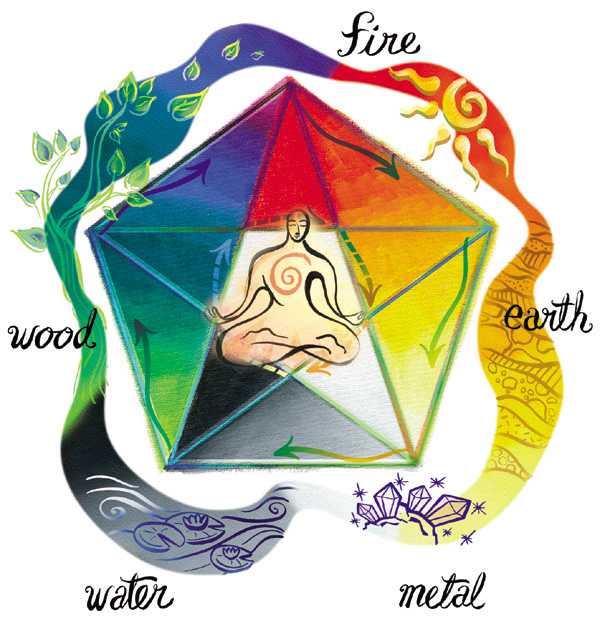
Difference between Vaastu and Fengshui
Difference between
Vaastu and Fengshui
Vastu
shastra and Fengshui are both terms that are thrown around a lot these days.
It
is hard to come across someone who hasn’t heard these terms.
But
just as common as these terms are, so is the misconception spread about them.
Both Vastu and FengShui are ancient arts that deal with the construction of
dwellings.
Their purpose was to reveal the connection between humans and the dwellings live in.
The ultimate goal was to achieve a balance with the basic elements.
The
basic idea is that a person can lead a healthy and prosperous life only if the
person is living following nature and universal energy.
Since
both, studies aim to do the same thing and the underlying principle is
the same, they tend to be very similar.
Although
there are notable differences these tend to stem from the fact that they
both originated in very different geographical locations.
Vastu
shastra is said to have originated in India in or around the Vedic period.
People
want their houses to be Vastu and Feng-Shui compliant.
At
times achieving this feat can be a challenge since they're a few points in which
both the studies take quite opposite stands, thus leading to a contradiction.
Ultimately it is suggested that one should follow what seems right for them. Let us now look at some of the differences between Feng-Shui and Vastu.
https://www.youtube.com/watch?v=mWzBo-YgOw0&t=30s
https://www.youtube.com/watch?v=gVBobrkVHWQ
https://www.youtube.com/watch?v=guFIRspURgw&t=30s
https://www.youtube.com/watch?v=1NJTJSVmDak&t=38s
https://www.youtube.com/watch?v=GjCLCAJavpw&t=72s
·
Vastu
is considered to be more impactful if it is considered right from the outset of
construction.
Whereas
Feng-shui is more popular for changes that can be made in an existing
structure.
But
ultimately both the studies help one in improving the energy flow in their
chosen space.
This difference is something that most likely stems from the location and
environment difference for which
the respective were made.
Thus, it
would be ideal to consider the most optimum orientation for your dwelling concerning your location and environment instead of following a thumb rule.
This
also seems to be the reason behind Vastu stating the width of the door to be
large.
The front door should be on a higher level or at the very least equal level to the road.
In
Feng shui, the concept of Bagua is utilized, which is similar to what is done in
Vastu.
Though the factors based on which the houses are thus planned in both systems are different.
· For the kitchen, Vastu recommends the avoidance of black color.
It could also be said that the usage of black for kitchen walls is prohibited.
This seems to be the case because the kitchen used to house the Chula for the preparation of food.
The heat is absorbed by black color and thus choosing black would make the kitchen unbearable to work and cook in.
Also, since food was made in the kitchen it had to have the highest standards of cleanliness and lighter colors are easier for the detection of dust etc.
As per Feng Shui, one can use any color depending on the direction of the kitchen.
Similarly, Feng-shui doesn’t have mention Tulsi, etc. that is the thing that was indigenous to Indian civilization.
The money plant is considered good as per Feng shui but Vastu doesn’t recommend it.
Vastu also states that one shouldn’t have a plant in a home that contains thorns.
This is because plants that have thorns are desert plants and don’t require much water or care.
So it was better that people took in other plants and nurtured them instead of desert plants that grew fine on their own.
The ultimate goal was to achieve a balance with the basic elements.
Easy Nirman Construction was Never Easy Before Us









No Comments yet ...